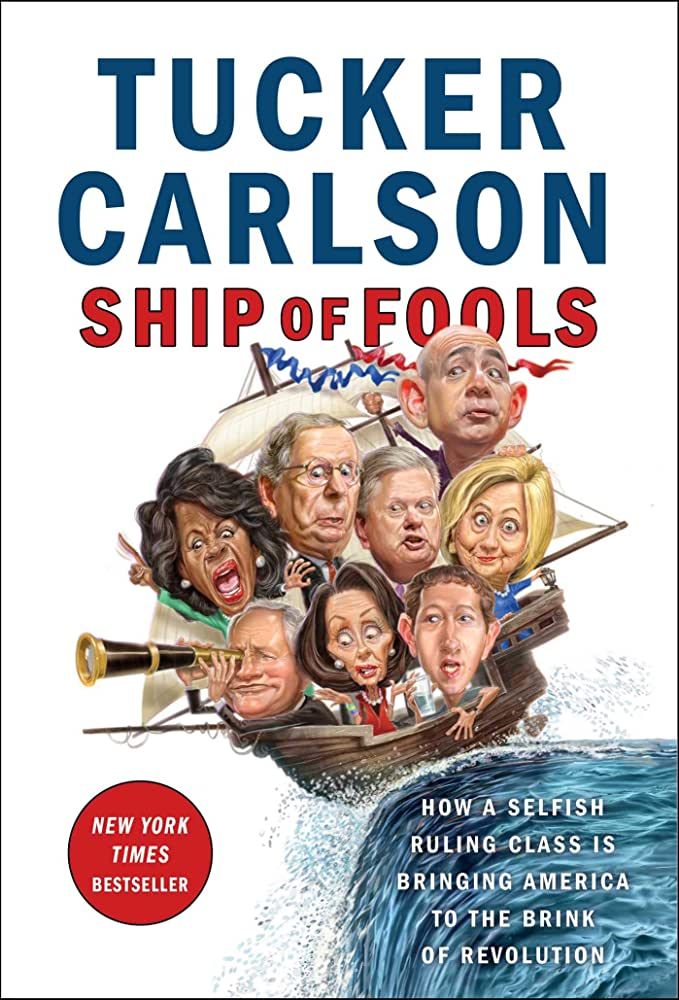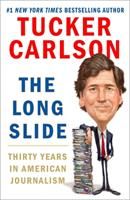Wait for it.
-
I think Peterson raises some interesting questions and sage cautionary notes. Not sure though about juxtaposing it with Gutenberg and the printing press.
The printing press and moveable type made it suddenly possible to disseminate information widely so that people could read ideas, think and develop new ideas and commit those new ideas back into print for distribution. That is precisely what gave rise to the Renaissance and Reformation - the Age of Humanism.
Today’s AI phenomenon is something quite different and more evolved than revolutionary. Indeed the warning Peterson sounds is telling us that AI will ultimately take over thinking and developing new ideas. If anything, that is the antithesis of the Age of Humanism which the printing press facilitated.
-
I saw that when it came out.
The problem is that almost everyone is basing their opinions on what AI is doing right now, not what it will do 10, 5, even 1 year out.
We're not even close to ready for handling this development properly.
-
I think Peterson raises some interesting questions and sage cautionary notes. Not sure though about juxtaposing it with Gutenberg and the printing press.
The printing press and moveable type made it suddenly possible to disseminate information widely so that people could read ideas, think and develop new ideas and commit those new ideas back into print for distribution. That is precisely what gave rise to the Renaissance and Reformation - the Age of Humanism.
Today’s AI phenomenon is something quite different and more evolved than revolutionary. Indeed the warning Peterson sounds is telling us that AI will ultimately take over thinking and developing new ideas. If anything, that is the antithesis of the Age of Humanism which the printing press facilitated.
@Renauda said in Wait for it.:
I think Peterson raises some interesting questions and sage cautionary notes. Not sure though about juxtaposing it with Gutenberg and the printing press.
The printing press and moveable type made it suddenly possible to disseminate information widely so that people could read ideas, think and develop new ideas and commit those new ideas back into print for distribution. That is precisely what gave rise to the Renaissance and Reformation - the Age of Humanism.
Today’s AI phenomenon is something quite different and more evolved than revolutionary. Indeed the warning Peterson sounds is telling us that AI will ultimately take over thinking and developing new ideas. If anything, that is the antithesis of the Age of Humanism which the printing press facilitated.
While the printing press is not a perfect analogy, still is apt in regards to man’s ability to warp the most powerful tools for the betterment of mankind into toys to feed our basest desires.
How many copies of The Wealth of Nations were printed vs copies of Barely Legal?
-
@Renauda said in Wait for it.:
I think Peterson raises some interesting questions and sage cautionary notes. Not sure though about juxtaposing it with Gutenberg and the printing press.
The printing press and moveable type made it suddenly possible to disseminate information widely so that people could read ideas, think and develop new ideas and commit those new ideas back into print for distribution. That is precisely what gave rise to the Renaissance and Reformation - the Age of Humanism.
Today’s AI phenomenon is something quite different and more evolved than revolutionary. Indeed the warning Peterson sounds is telling us that AI will ultimately take over thinking and developing new ideas. If anything, that is the antithesis of the Age of Humanism which the printing press facilitated.
While the printing press is not a perfect analogy, still is apt in regards to man’s ability to warp the most powerful tools for the betterment of mankind into toys to feed our basest desires.
How many copies of The Wealth of Nations were printed vs copies of Barely Legal?
Don’t be obtuse.
My point was that the printing press facilitated human thought not the opposite. The printing press enabled the Bible to be printed in the vernacular. Suddenly non Churchmen could read the Bible. It provoked thought and ideas to flow.
-
Don’t be obtuse.
My point was that the printing press facilitated human thought not the opposite. The printing press enabled the Bible to be printed in the vernacular. Suddenly non Churchmen could read the Bible. It provoked thought and ideas to flow.
@Renauda said in Wait for it.:
Don’t be obtuse.
My point was that the printing press facilitated human thought not the opposite. The printing press enabled the Bible to be printed in the vernacular. Suddenly non Churchmen could read the Bible. It provoked thought and ideas to flow.
It absolutely did. It also gave us millions of copies of Mein Kampf and even more copies of The Manifesto of the Communist Party by Karl Marx. Do you deny that mankind’s greatest achievements get twisted to feed our basest desires?


-
On the flip side, Gutenberg eventually gave us this

Some might say it was worth living through WW2 if it led to this.
Hopefully, ChatGPT can give us something similar.
-
@Renauda said in Wait for it.:
Don’t be obtuse.
My point was that the printing press facilitated human thought not the opposite. The printing press enabled the Bible to be printed in the vernacular. Suddenly non Churchmen could read the Bible. It provoked thought and ideas to flow.
It absolutely did. It also gave us millions of copies of Mein Kampf and even more copies of The Manifesto of the Communist Party by Karl Marx. Do you deny that mankind’s greatest achievements get twisted to feed our basest desires?


Once again your choice of examples is a non sequitur.
By the time any of that came to print the revolutionary aspect of the printing press was well past. Hell, they were even printing the equivalent of pulp fiction before the time any of it hit the stacks.
-
On the flip side, Gutenberg eventually gave us this

Some might say it was worth living through WW2 if it led to this.
Hopefully, ChatGPT can give us something similar.
@Doctor-Phibes said in Wait for it.:
On the flip side, Gutenberg eventually gave us this

Some might say it was worth living through WW2 if it led to this.
Hopefully, ChatGPT can give us something similar.
Forgot about that. How does it compare to Leonid Brezhnev’s prize winning, Malaya Zemlya?
-
Once again your choice of examples is a non sequitur.
By the time any of that came to print the revolutionary aspect of the printing press was well past. Hell, they were even printing the equivalent of pulp fiction before the time any of it hit the stacks.
@Renauda said in Wait for it.:
Once again your choice of examples is a non sequitur.
By the time any of that came to print the revolutionary aspect of the printing press was well past. Hell, they were even printing the equivalent of pulp fiction before the time any of of it hit the stacks.
And The House of Venus was printed in what? 1630? And was far from the first porn based print…
Was the printing press a huge gamechanger for human philosophy? Absolutely. Was the overall effect lessened by our tendency to twist it for pornography? Absolutely?
Was motion picture a game changer for art and storytelling? Absolutely.
Was Baywatch the most watched TV series in history? Yes, yes it was…
Could the internet survive without Porn?
-
By the way, for every copy of The Bible that’s been printed, a copy of Quotations of Chatman Mao exists…
-
By the way, for every copy of The Bible that’s been printed, a copy of Quotations of Chatman Mao exists…
So what’s your point?